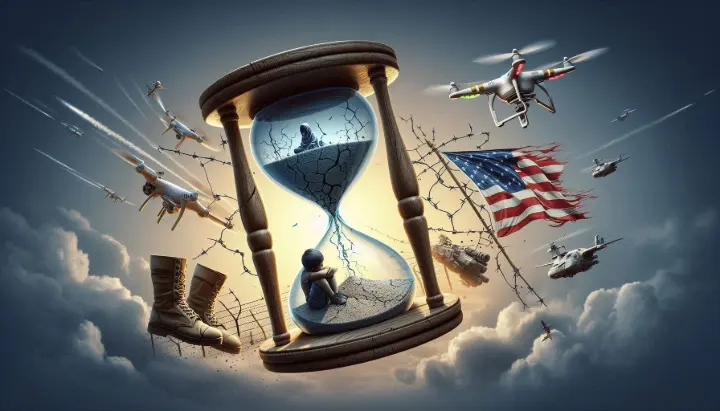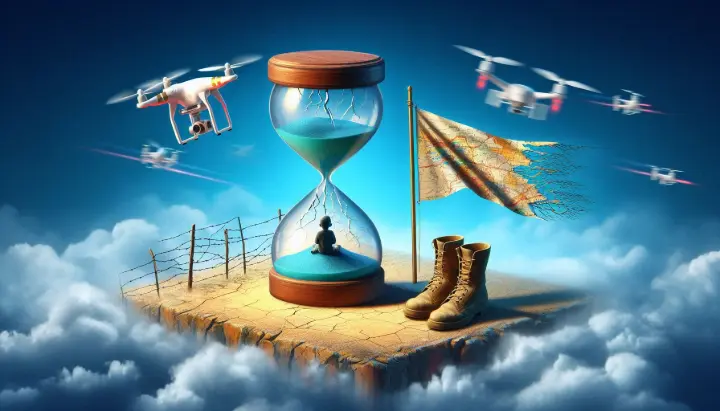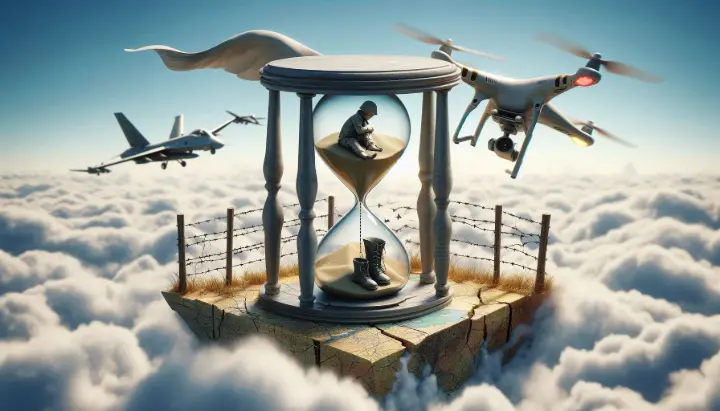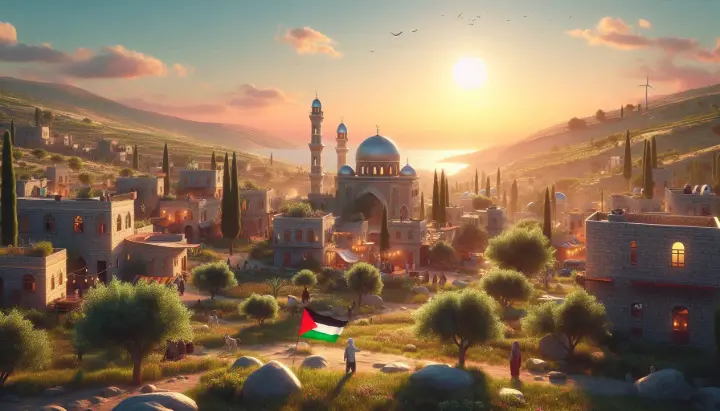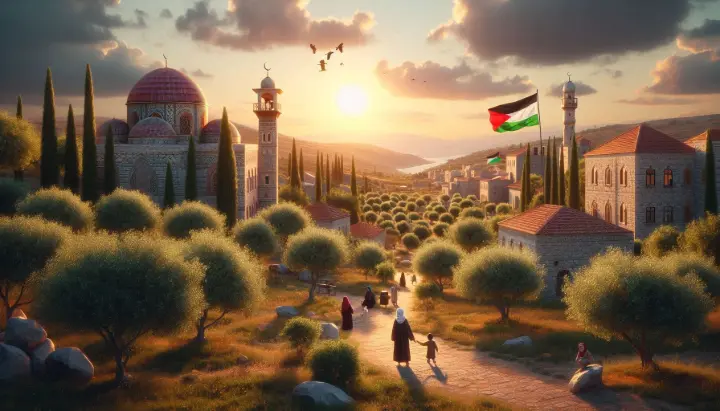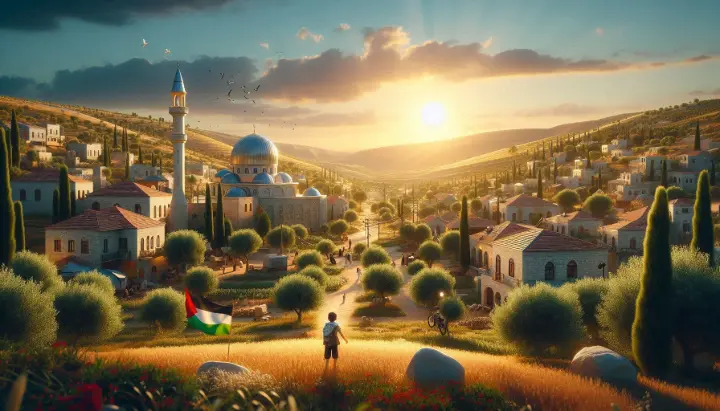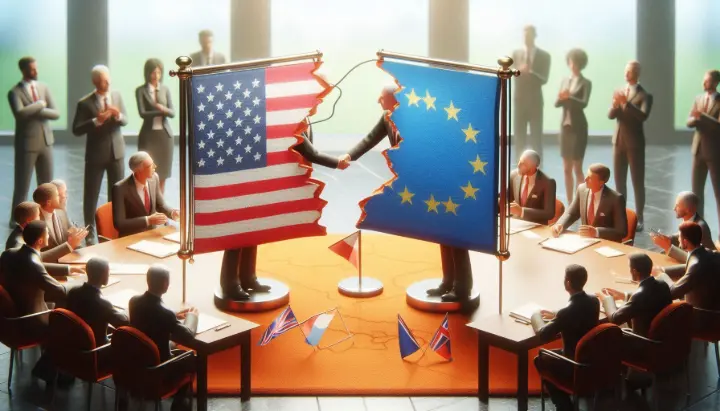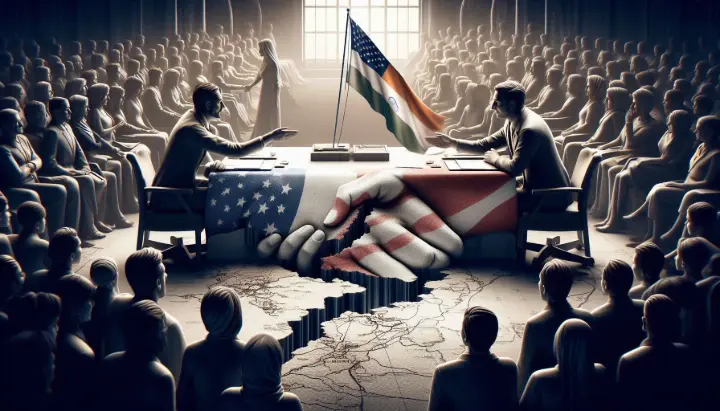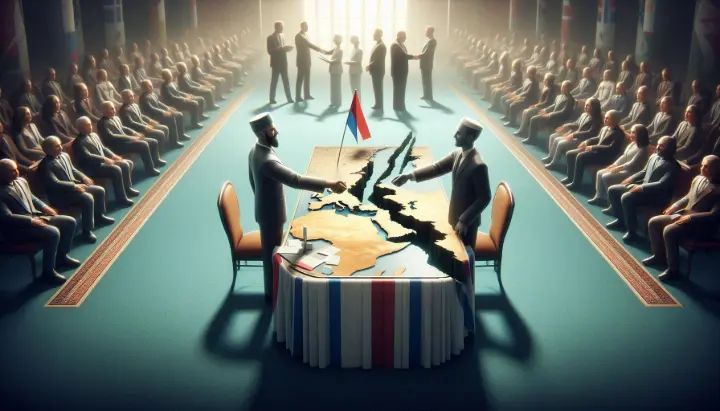The Israel-Palestine Conflict: A History of Dispossession and Struggle
Introduction
The Israel-Palestine conflict is not merely a territorial issue. It is a story of colonial betrayal, forced displacement, and ongoing occupation — one in which the Palestinian people have suffered loss of land, rights, and dignity for over a century.
1. Palestine: A Homeland Before 1948
Before Israel was created, Palestine was home to a vibrant Arab society — farmers, traders, artists, intellectuals, Muslims, Christians, and a small number of Jews living peacefully side by side.
- Towns like Jaffa, Haifa, and Jerusalem were thriving cultural centers.
- Palestinians had a distinct identity, a rich culture, and deep ties to the land.
But all this began to change with the rise of Zionism and Western support for a Jewish homeland — in a land that was already inhabited.
2. Colonial Betrayal and British Complicity
The British Empire played a devastating role:
- The Balfour Declaration (1917) promised a homeland to Jews in Palestine, completely ignoring the native Arab population, which made up over 90% at the time.
- Britain opened the doors to mass Jewish immigration, even as Palestinians protested peacefully and later through revolts (like the 1936 Arab Revolt), which were brutally crushed.
The British effectively planted the seeds of future displacement and conflict.
3. The Nakba: A National Catastrophe
In 1948, after the UN partition plan (which Palestinians never agreed to), Jewish forces declared the state of Israel. What followed was ethnic cleansing on a massive scale.
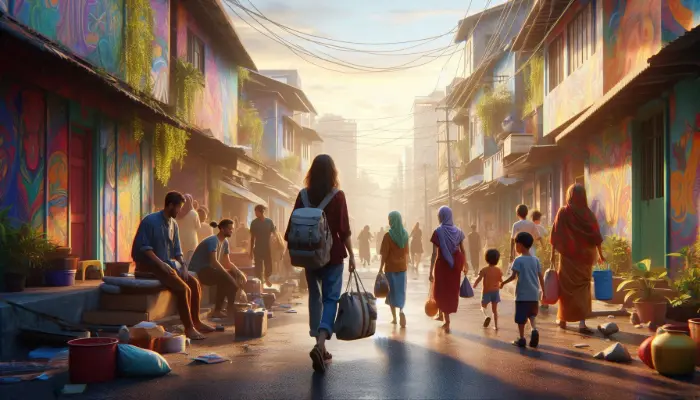
- Over 500 Palestinian villages were destroyed.
- 750,000 Palestinians were made refugees overnight, many of whom still live in camps to this day — stateless, homeless, and denied the right of return.
- Families were massacred in places like Deir Yassin. Children, elders, entire lineages were wiped out.
This is known as the Nakba (Catastrophe) — not just an event, but a continuing trauma.
4. Life Under Occupation
Since 1967, Israel has militarily occupied the West Bank, East Jerusalem, and blockaded Gaza.
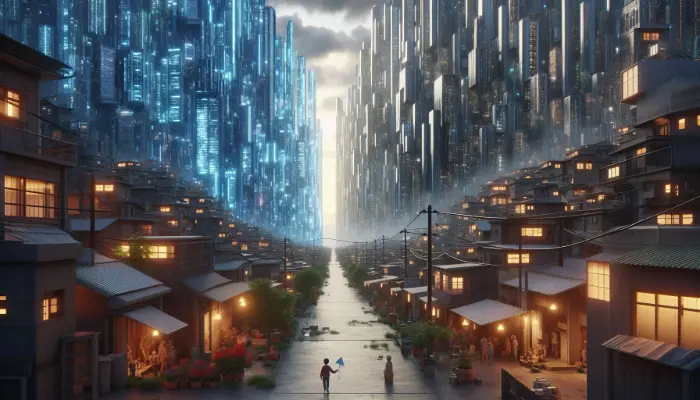
In the West Bank:
- Checkpoints, walls, ID systems, land confiscations, and home demolitions are part of daily life.
- Over 700,000 Israeli settlers now live in illegal settlements, often protected by soldiers.
In Gaza:
-
It is one of the most densely populated places on earth, but:
- People have only a few hours of electricity a day.
- Medical supplies are limited.
- Water is mostly undrinkable.
- Israel controls the air, sea, and borders, turning Gaza into what many call an “open-air prison.”
5. Resistance and the World’s Silence
Palestinians have resisted through:
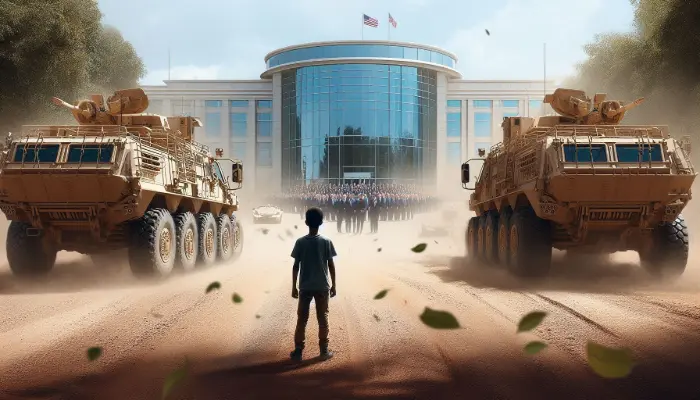
- Peaceful protests like the “Great March of Return,” where Israeli snipers shot civilians, medics, and journalists.
- Legal appeals in international forums, which are often ignored.
- Armed resistance, which is controversial — but to many Palestinians, it is seen as a right under occupation, recognized by international law.
Despite this, the world remains largely silent or biased in Israel’s favor — especially powerful nations like the US, which continue to provide billions in aid and weapons to Israel.
6. What Do Palestinians Want?
- The right to live freely in their own land.
- An end to occupation and apartheid.
- Justice for refugees and the right to return home.
- Equality and dignity — not to live under siege, not behind walls or under drones, but as human beings.

Conclusion
This is not just a "conflict." This is colonialism in the modern age. It is about a people who are constantly told to compromise, but never truly given freedom.
To stand with Palestine is not to stand against Jews — it is to stand against injustice. It is to believe that no child should grow up under bombs, that no family should be kicked out of their home, and that freedom should belong to everyone — not just the powerful.
